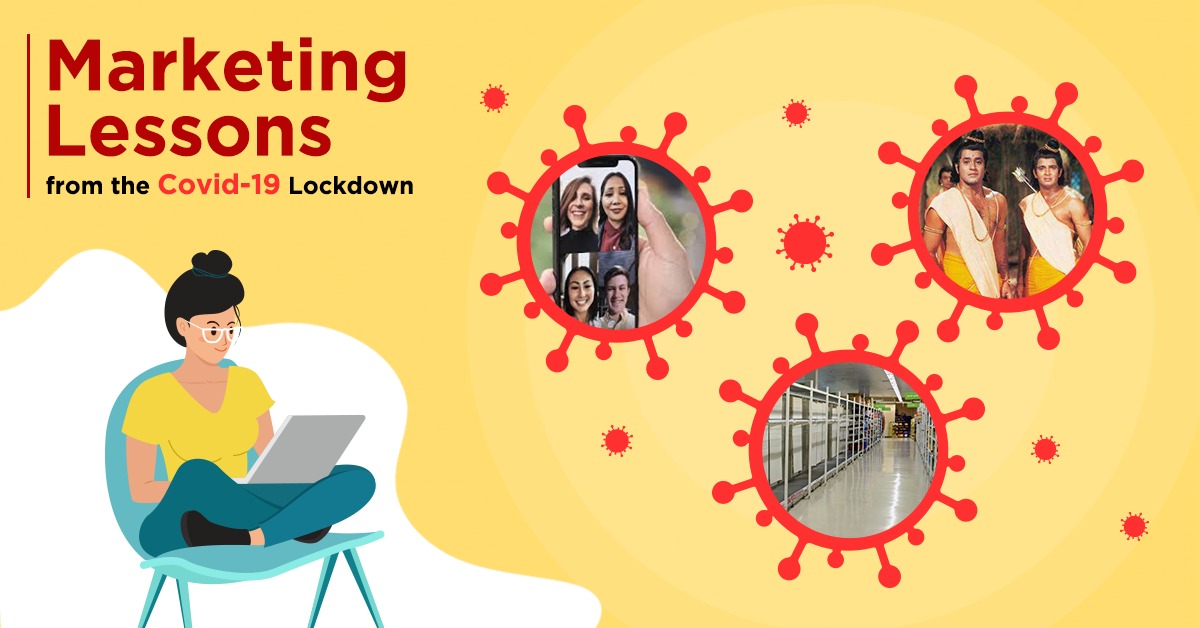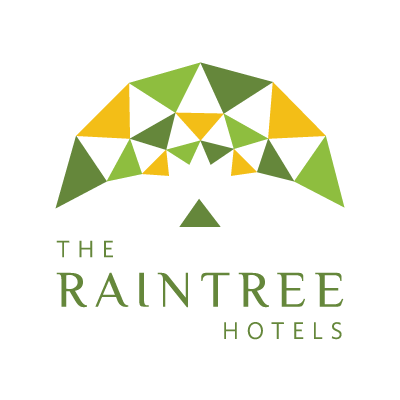As the world tries to make sense of the Covid-19 pandemic, we are fascinated by what this means for brands.
- As times of hardship hit and pass, brand mindshare and consumer wallet size can drastically alter. How can we stay ahead of this?
- Any missteps, or campaigns that come across as exploitative of fear at this time could have long-terms negative effects on brands. How can we prevent this?
In this 3-part series, we explore how different industries could channelise their marketing to engage with and cater to their customers in a more relevant and empathetic manner, during and after the lockdown…
There are some interesting behaviours consumers are displaying during these times of social distancing:
People are hoarding toilet paper
In India, Ramayan and Mahabharat are airing again on Doordarshan, after decades
Playing games on Houseparty is the new way to hang out

How do we interpret these behaviours?
Our everyday lives are filled with routines and behaviours that challenge and extend the most basic human needs. They are geared towards coping with our vulnerability:
We drive fast cars → we redefine the need for mobility
We watch weather forecasts to plan our day → we redefine the need for predictability
We order food online → we redefine the need for sustenance
Until something comes along to expose our inescapable vulnerability…
This vulnerability is unfamiliar
Especially when humans are the biggest threat to each other as contact becomes a source of danger, we are forced to shrink inwards, close off, isolate from anything resembling unfamiliar humans… and question our very human-ness?
Unlike other species of apocalyptic fiction, where the enemy can be chemicals or volcanoes or earthquakes or alien invaders, the enemy here is other humans: the touch of other humans, the breath of other humans, and, very often—in the competition for diminishing resources—the mere existence of other humans
In the literature of pestilence, the greatest threat isn’t the loss of human life but the loss of what makes us human
Being Human today seems to imply Being Vulnerable…
So what we see in consumer behaviours are many different attempts at re-negotiating what, as humans, makes us superior and hence worthy of survival… We are trying to find ways to feel good about our essential human-ness
We hyper-enforce age-old rituals that make us ‘civilized’, and set us apart from the non-human world
Why are people hoarding toilet paper now?
Because running out of a way to clean up is to run out of our essential humanity – the fear of being forced to remain filthy is at its core the fear of reverting to being animal-like, not-human
Anthropologists have noted elaborate, age-old rituals around maintaining purity versus removing pollution across vastly different cultures as a way to establish ‘civilized’ behaviour. So, in times of extreme stress, we are reinforcing the need to collectively establish purity rituals, like cleaning up and separating waste, in order to set ourselves apart from the non-human world
We turn to epic stories to play out what it is to be the ideal human
Epic tales such as the Ramayan and Mahabharat never seem to fade away – they come back in cyclical turns, depending on when the audience needs them the most
Epics tell tales of grand emotion, heroic quests, philosophical dilemmas. For different cultures, they essentially encapsulate the myth, ie the IDEAL form of the human [man or woman] and the temptations and pitfalls they face. If it’s Ram, the familiar Maryaadha Purshottam, standing for righteousness and duty here, it’s Ulysses standing for courage and perseverance elsewhere… And it’s telling that audiences are tuning in to refresh their sense of what it is to be the ideal man/woman through these rich, absorbing narratives at a time like this
We enact our capacity to cooperate and survive as collectives – through fun and play
Games, quizzes, playful app filters, social media – plenty of virtual products are helping people get together with friends to ‘have fun’
Fun and games are great ways to cut through the anxiety of a time and playfully demonstrate what it takes to be human – cooperation, empathy, sharp critical analysis, and more are negotiated in relaxed ways through such activities
So hanging out and playing games on Houseparty isn’t just a diversion now – it’s a critical way to ensure you find your tribe, consolidate it, and display your role and utility within it!
So here’s what consumers may be looking for
Products, services and content that:
- Allow them to navigate what it means to be human [experience]
- Give them a chance to visibly demonstrate their essential human-ness [signal]
- Provide payoffs built around positive human qualities beyond fear/vulnerability [reward]
Brands can emerge strong by consolidating what they mean for the consumer’s quest to enact human-ness
And marketers need to align offerings and content with this quest.
Next Up:
Exploring powerful frameworks to make marketing and messaging relevant as consumers seek out ways to enact human-ness
Read Part Two at:
http://blogs.inception.net.in/marketing-lessons-from-the-covid-19-lockdown-part-two
Author
Pavithra Srinivasan
Research & Insights Manager










1 Trackback